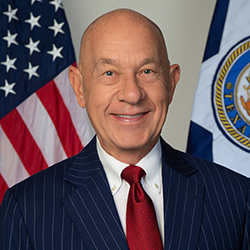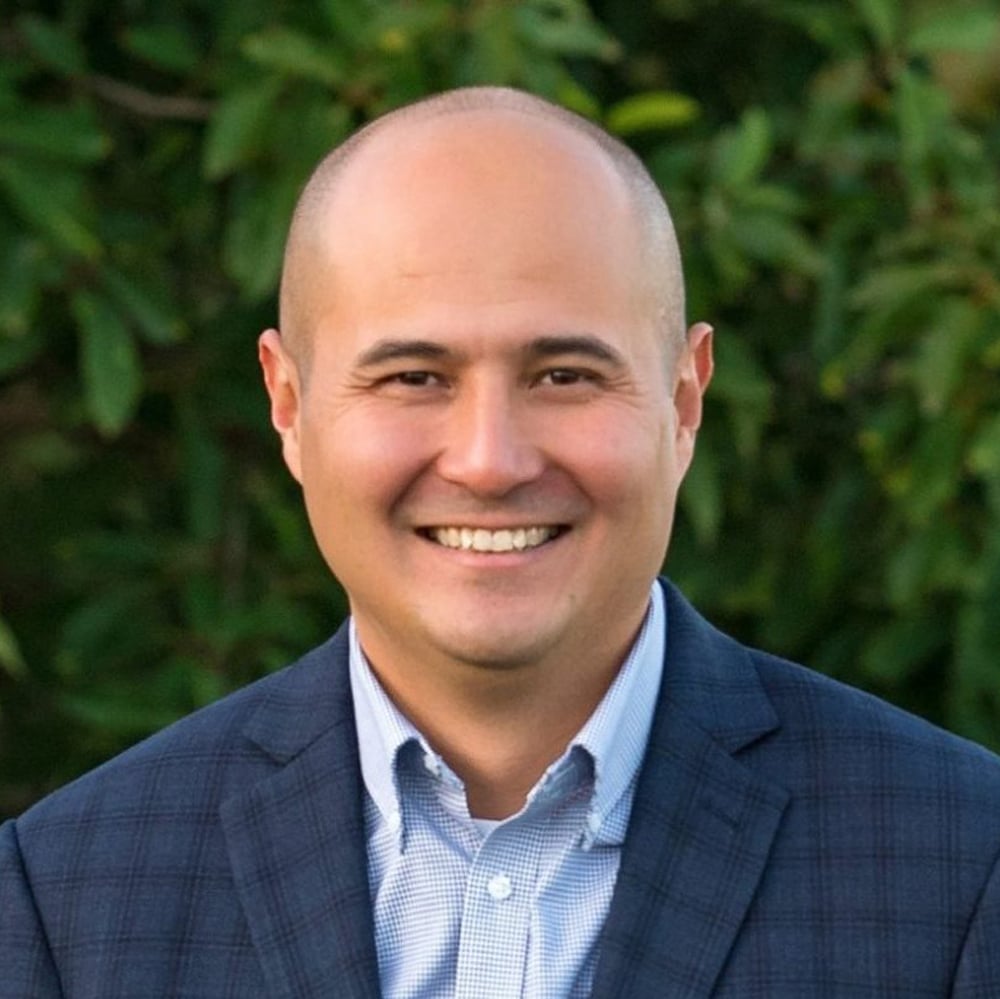(Note: As I have done in past elections, I am running a series of Q&As for judicial candidates in contested Democratic primaries. This is intended to help introduce the candidates and their experiences to those who plan to vote in March. I am running these responses in the order that I receive them from the candidates. Much more information about Democratic primary candidates, including links to the interviews and judicial Q&As, can be found on Erik Manning’s spreadsheet.

Nicole Perdue
1. Who are you and what are you running for?
My name is Nicole Perdue. I am a native Houstonian and a lifelong Democrat, and I am running for Judge of the 133rd Civil District Court.
2. What kind of cases does this court hear?
The 133rd District Court is a civil court of general jurisdiction and hears, among other things, matters involving constitutional questions, business disputes, land disputes, personal injury claims, and expunctions. This court does not hear criminal, family, probate, juvenile, or bankruptcy cases.
3. Why are you running for this particular bench?
I have always been a true believer that the Constitutions of the United States and Texas create an equal playing field for all individuals and entities. Harris County deserves to have judges who will be fair to all—no matter their walk of life, individual or corporate status, representation by attorneys at big firms or small, or representing themselves.
I have a reputation for being respectful, treating all people with dignity, and seeking justice for all—and if elected, that will not change. I will treat everyone who enters my courtroom with dignity and respect and be impartial to all parties. I am also known for my hard work and efficiency. I will ensure that my court is organized, efficient, and decisive—one that moves cases along so that litigants can have their day in court or resolve their matters in a timely and efficient manner.
Running for the 133rd District Court is particularly meaningful to me because of the court’s 85 years of distinguished history and my continued commitment to securing fair representation for all people. The portraits hanging on its walls of previous judges to preside over this court include the Honorable Matthew Plummer, the son of a former slave who was the first black investigator employed in the Harris County District Attorney’s Office and the first black judge appointed to preside as a district court judge in Harris County. I am committed to maintaining the Court’s legacy by bringing over 25 years of legal and courtroom experience to the bench.
4. What are your qualifications for this job?
I have been practicing civil trial law in an active courtroom practice for 27 years. I have the integrity, temperament, knowledge, and ability to do this job and do it well. I graduated with honors from Texas A&M University and South Texas College of Law. During law school, I served as Chief Note and Comment Editor of the Law Review and earned national titles with the school’s distinguished moot court program and membership in the National Order of Barristers and the Order of the Lytae. I also served as a briefing clerk for the Chief Justice of the Texas Supreme Court and briefing attorney for the Chief Justice of the First Court of Appeals in Houston, Texas.
Over my 27-year career, I have successfully represented plaintiffs and defendants in virtually every kind of case that this court will hear. I have tried cases to jury verdict and final judgment and have handled numerous appeals to the Houston Courts of Appeals, the Texas Supreme Court, the Fifth Circuit Court of Appeals, and the United States Supreme Court.
I am routinely appointed by Harris County civil district courts to serve as a guardian ad litem. In this role, I have represented the interests of dozens—if not almost 100—of children who have been either injured or lost a parent in a tragedy in complex litigation from mediation through final resolution. And, before the U. S. Supreme Court issued its Dobbs v. Jackson Women’s Health Organization opinion, I spent countless hours working hand-in-hand with Jane’s Due Process as a guardian ad litem assisting young women navigate the judicial bypass procedure formerly authorized by Chapter 33 of the Texas Family Code and advising Harris County judges overseeing these cases on the applicable legal standards governing judicial bypass cases. I have also served as an adjunct professor at South Texas College of Law, teaching trial advocacy and courtroom skills and working with moot court students in preparation for national competitions.
I know my way around the courtroom, and I know from personal experience how the system is supposed to work; I am familiar with the rules of civil procedure and the rules of evidence—through practice. I have a reputation for being patient yet firm, respectful, and courteous to opposing counsel and their clients, and for my ability to know and apply legal rules, analyses, and procedures to different facts and circumstances and quickly perceive, comprehend, and understand new concepts and ideas.
5. Why is this race important?
Every judicial race is significant as the impact of the courts can affect the lives of every citizen. The courts are our last line of defense—therefore, it is critical that we have the best and most qualified individuals on the bench.
Because the role of the judge is to fairly and impartially try cases, it is important to elect people to the bench who have experience as practicing lawyers in these courts. Due process requires more than a sense of fairness and equality: a judge must have a thorough understanding of the rules of procedure, rules of evidence, and rules of law and why they exist so that they can be applied fairly and equally. Too much is on the line for a judge to begin learning the real-world functions of a civil district court docket after being elected. It is also necessary to have someone on the bench who will consider the perspective of every person who enters the courtroom and ensure all are welcome at the courthouse and part of our civil justice system.
I am the only candidate in this race who fits the bill. I will be fair but also will bring a unique and different perspective, as shaped by my life experiences, my love of the law, and my passion for serving the community to the 133rd District Court.
6. Why should people vote for you in March?
The depth and breadth of my legal experience, the diversity of my practice areas, and my courtroom experience make me the best candidate for Judge of the 133rd Civil District Court.
The citizens of Harris County deserve a civil district court judge with meaningful civil law experience and who thoroughly understands the intricacies of the law relevant to the specific bench—and I am that person. I am the only candidate in this race with a remarkable depth and breadth of experience in civil trial law and in the courtroom.
I am also a person of integrity and progressive values, and I have the personal characteristics and temperament that enable me to serve as a judge and serve with distinction. As evidenced through my work and community service, I am a compassionate and devoted advocate for justice, fairness, and equality. If elected, everyone who enters my courtroom can have confidence that there is a level playing field for all parties and without fear or concern that one side or the other might have some advantage because of their status or resources. I can assure you that my past, present, and future experiences will always ensure that my courtroom will be a place
where everyone will be respected and heard.
I ask for your vote! If you want to learn more about me and my campaign, please go to www.nicoleperdueforjudge.com
















:quality(70)/https://static.texastribune.org/media/files/d02f2511ee20f76c1b133f78550ec642/09_exc.png)








